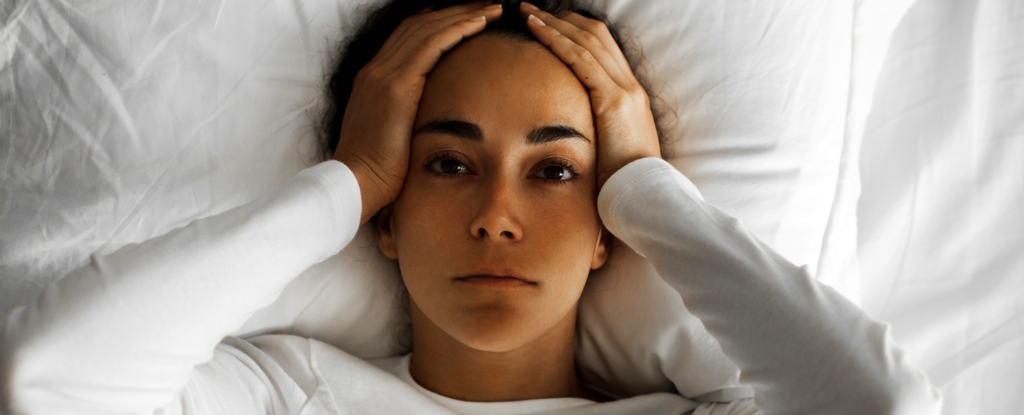
Many individuals strive for better sleep, recognizing its critical role in enhancing health. Quality sleep is linked to improved cardiovascular health, better immune function, and emotional wellbeing. However, for those suffering from insomnia, conventional sleep hygiene practices may inadvertently exacerbate their condition. According to sleep therapist Kirsty Vant from the Department of Psychology at Royal Holloway University of London, five common tips can backfire when dealing with insomnia.
1. Spending More Time in Bed
When sleep proves elusive, individuals often try to compensate by going to bed earlier or sleeping in later. This approach can be counterproductive. The longer one remains awake in bed, the more the brain associates the bed with wakefulness and frustration. Instead, Vant recommends limiting time spent in bed to create a stronger association between the bed and sleep. Going to bed slightly later while maintaining a consistent wake-up time can enhance the body’s natural sleep drive.
2. Avoiding Screens Completely
Common advice suggests that people should avoid screens before bedtime due to the blue light emitted by devices, which can suppress melatonin production. However, this guidance may not apply universally. Individuals with insomnia might reach for their phones out of restlessness rather than due to poor habits. Vant advises a more nuanced approach: using screens strategically by selecting calming content and activating night-mode settings. Engaging with soothing podcasts or gentle documentaries can provide distraction and promote relaxation.
3. Eliminating Caffeine Entirely
Caffeine is known to block adenosine, a neurotransmitter that promotes sleepiness. However, individual responses to caffeine vary significantly, influenced by genetic factors. For some, a morning coffee can help alleviate morning grogginess, supporting an active sleep-wake cycle. While it’s advisable for sensitive individuals to avoid caffeine later in the day, complete elimination is not always necessary. Understanding one’s unique reaction to caffeine is crucial.
4. The Pressure to ‘Optimize’ Sleep
The burgeoning “sleep economy,” valued at over £400 billion, encompasses a multitude of products aimed at enhancing sleep quality. Yet, this pursuit can lead to a phenomenon known as orthosomnia—anxiety stemming from the relentless quest for perfect sleep. Sleep is an involuntary function, akin to digestion. While healthy habits can influence sleep, obsessing over its quality can paradoxically worsen the situation. Sometimes, a more relaxed attitude towards sleep is beneficial.
5. Expecting Consistent Sleep Patterns
Healthy sleep does not adhere to a strict number of hours; it is adaptable based on various factors such as stress, physical health, and life circumstances. For instance, parents of young children often face disrupted sleep patterns. Vant emphasizes the importance of flexibility in sleep, stating that expecting rigid consistency can create unrealistic pressures. Some nights may yield better rest than others, and this variability is normal.
Vant highlights a critical misunderstanding in sleep hygiene culture: the notion that sleep is entirely under individual control. Telling someone struggling with insomnia to “just switch off” oversimplifies a complex issue.
For those grappling with sleep difficulties, there are effective treatments beyond conventional sleep hygiene. Cognitive Behavioural Therapy for Insomnia (CBT-I) is recognized as the gold standard for psychological intervention, while new medications like suvorexant, lemborexant, and daridorexant target the brain’s wake-promoting systems, aiding in achieving restful sleep.
Insomnia is a prevalent condition that can be treated effectively, underscoring that individuals need not blame themselves for their struggles with sleep.






